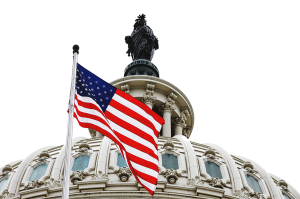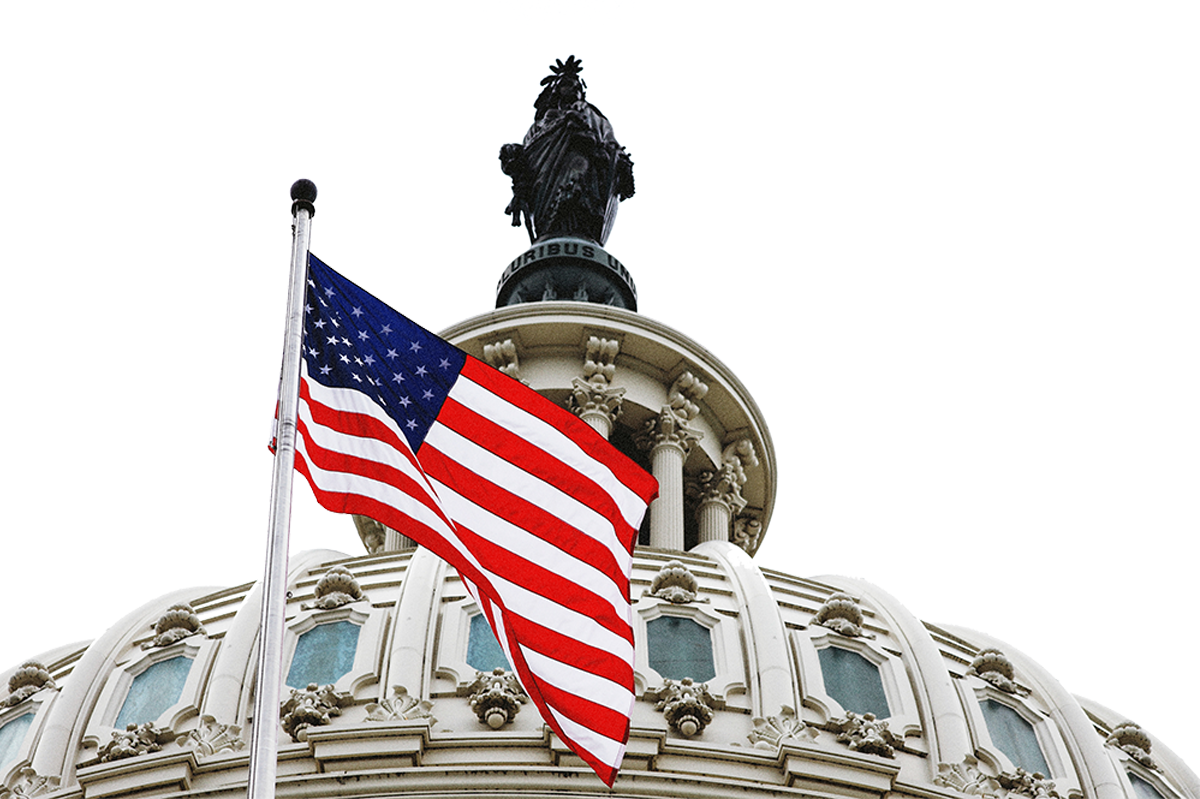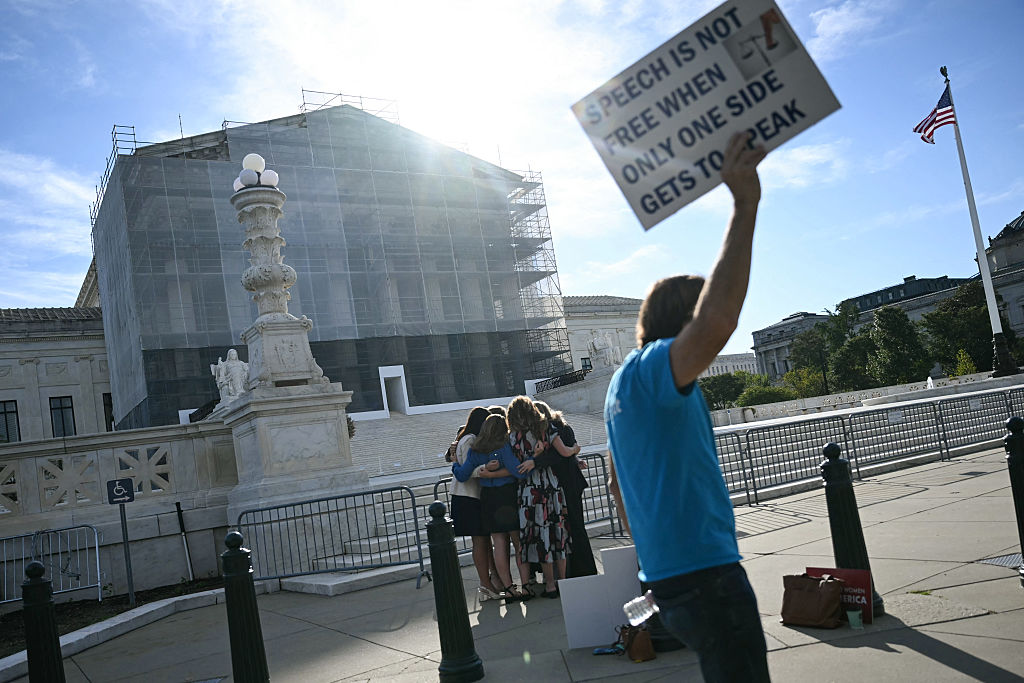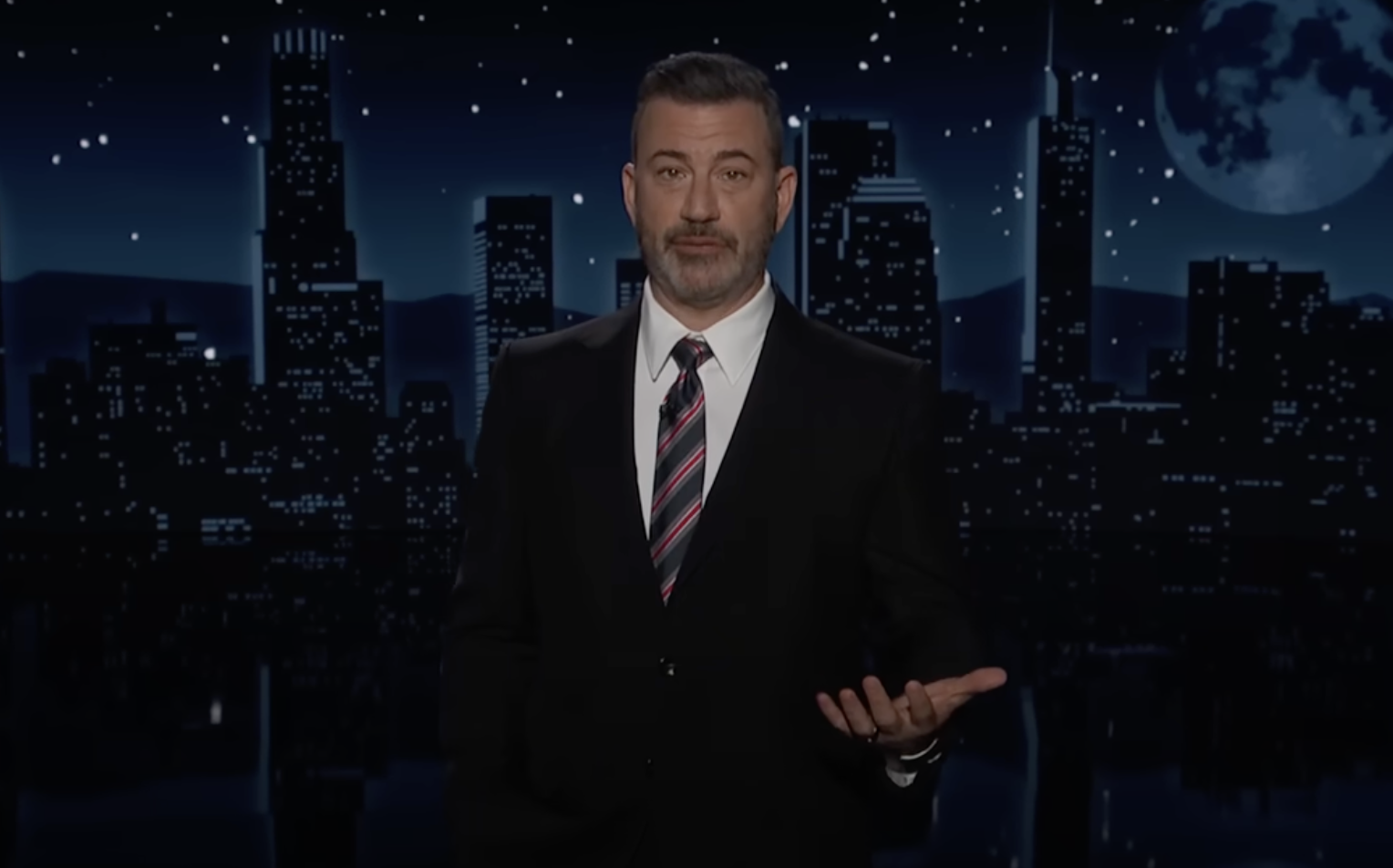One of the most disturbing pieces of recent documentary journalism follows Lily Philips, a petite blonde Englishwoman and popular OnlyFans creator, on a deeply unsettling quest: to sleep with 100 men in a single day. The footage, produced by YouTuber Josh Pieters and viewed more than 10 million times, doesn’t leave viewers shocked by her “empowerment,” it leaves them queasy. Philips doesn’t come across as a liberated woman expressing her sexuality. She looks like the product of trauma.
That look of trauma is more easily understood when it becomes clear that her mother is her manager. As a parent, I have a visceral reaction to my children being exposed to pornography, let alone participating in it.
Pornography, once defended as a tool of female empowerment and self-expression, is undergoing a serious reevaluation. And it’s not just right-wing commentators sounding the alarm, it’s the New York Times. Earlier this month, columnist Christine Emba wrote a sobering piece about the digital flood of explicit content shaping a generation.
“Pornography floods the internet,” Emba notes. “A 2023 report from Brigham Young University estimated that pornography could be found on 12 percent of websites. Porn bots regularly surface on X, on Instagram, in comment sections and unsolicited direct messages. Defenders of pornography tend to cite the existence of ethical porn, but that isn’t what a majority of users are watching.”
Much of this content, Emba notes, centers on violence and dehumanization of women. And the platforms profiting from it aren’t even pretending to care about ethics. Just last week, Nicholas Kristof exposed how Pornhub and related sites have continued to profit from footage involving child sexual abuse.
This isn’t a new criticism, but it’s gaining traction. Pornhub has long faced allegations that criminal content has been uploaded and distributed through its site. Now, the European Union has launched an official investigation into whether Pornhub and other major porn platforms have violated regulations meant to protect children.
Perhaps sensing the cultural shift, Utah Senator Mike Lee recently introduced legislation that would reclassify and, as a result, potentially restrict online pornography nationwide. The bill’s potential to curb the spread of internet porn, long treated as a political third rail, suddenly seems less radical when framed alongside Emba’s column, or the rising chorus of voices connecting pornography to a host of social ills.
And the consequences are personal, not abstract. For Gen Z, the first generation raised on ubiquitous, on-demand porn, the effects are being painfully felt. “It’s hard not to see a connection between porn-trained behaviors – the choking, slapping and spitting that have become the norm even in early sexual encounters – and young women’s distrust in young men,” Emba writes.
That distrust is visible across social media, where debates about porn are erupting not only in progressive spaces but among conservatives and religious communities, too. A popular anonymous X account called “The Feminist Turned Housewife” recently sparked a days-long debate among religious men by calling out the manipulative trope: “If only she had more sex with him, he wouldn’t need porn.”
“This is one of the most manipulative, false, and degrading lies pushed onto women, and it needs to die,” the account wrote. “Research consistently shows that many men addicted to porn still have regular sex with their wives—sometimes even frequent. But it doesn’t stop them. Why? Because porn isn’t about intimacy. It’s about control and fantasy.”
The post concluded with a truth bomb: “Telling a woman to ‘just give him more’ is blaming her for his sin… Porn is a moral and spiritual issue. It requires repentance and accountability.”
For many parents, right and left, porn isn’t a free speech issue. It’s impossible to ignore that porn is changing; it’s increasingly disturbing in its violence and gimmicks and degrading how an entire generation thinks about sex.
This is a conversation many wouldn’t expect to be happening at all, let alone among conservatives, religious women, and now even readers of the New York Times. But it’s happening, and the political class is starting to notice.
Well, some of them.
Others, like former Biden administration Transportation Secretary Pete Buttigieg, who has never missed an opportunity to burn a straw man in effigy, recently took to mocking Republicans for “wanting to regulate porn,” lumping the idea in with banning gay marriage and outlawing divorce in a cringeworthy attempt at fearmongering and relevance. Pete, whose real-world job performance is defined by supply chain delays and commercial airline disasters, has chosen defending Pornhub as the hill he wants to die on.
There’s no better bellwether of shifting public sentiment than watching which issues Democrats feel forced to joke about, and which ones they pretend don’t exist. If Pete Buttigieg is out there mocking porn legislation, you can be sure Democratic consultants are polling it, and they’re not liking what they see.
The porn reckoning is here. And for the first time in a long time, it’s not just conservatives leading the charge.


























Leave a Reply